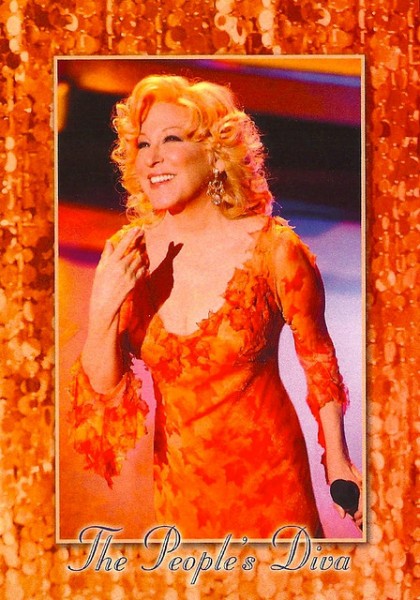St. Louis Dispatch
Billy Crystal, Bette Midler on old school vs. new school parenting
Aisha Sultan
Dec. 22, 2012
Billy Crystal remembers watching his granddaughter color the back of a restaurant children’s menu in that free-for-all style and saying to his daughter: “I don’t get why you are letting her do that. They have lines for a reason.”
His daughter’s reaction, more disapproving of his attitude than the child’s coloring, inspired a similar scene in Crystal’s movie “Parental Guidance,” opening on Christmas Day. In the movie, Crystal and his wife (played by Bette Midler) are reluctantly entrusted to watch their grandchildren while the parents turn a business trip into a much-needed getaway. The premise of the film is based on the six days Crystal and his wife spent watching their own granddaughters years ago.
“We were trying to follow everything (their parents) had said, and we did, but it was hard,” he said in a recent interview. There were times when he would second-guess his own parenting instincts and thought: “I would do this. Should I do this?”
Several of those real-life moments punctuate the movie, which pokes fun at the perceived differences between old-school and modern-day parenting.
While the movie draws on certain caricatures of overprotective, hyper-involved parents for laughs, it touches on some interesting questions: What makes one generation raise children differently from another?
In our recent interview, Midler summed up what she perceives as the trouble with parents nowadays: They congregate in the extremes. “There are the people who don’t pay any attention to their kids and those who don’t let them out of their sight,” she said.
Conventional wisdom suggests that today’s parents are collectively more permissive and more hovering than the disciplinarians who raised us. There’s a familiarity to that description in which we may recognize features of parents we know or ourselves, but it’s not an entirely accurate portrait either. The Boomers parted ways with the authoritarian-style parenting of their upbringing and befriended their children more so than any generation prior. Granted, they did not turn parenting into the industry Gen X and Millennials have, but the establishment of affording children dignity through making choices and staking independence took root as cultural parenting values.
Both Midler and Crystal described their own parenting as more “from the gut” or instinctual, common-sense or from the heart than the overstudied, over-researched, intellectual approach some parents subscribe to now. But parenting styles are influenced by the larger socio-economic factors that define each generational cohort. Major events, such as the Great Depression, wars, the attacks on 9/11, affect the collective psyche and social behavior of a generation, as do changes in family structure, such as a rise in divorce and two-career households.
Researchers have found Americans to be more individualistic now than they were 75 years ago, which has also led to parenting styles emphasizing greater individualistic values. A 2009 study from Western Carolina University also found parental warmth toward children rose significantly from children of the Depression to those who grew up in the ’90s, but the use of parental control did not decrease over time.
The manner in which parents define that control, however, likely has changed. There’s a similarity in the way that the generations (born 1883-1924) who survived great crises responded as parents: They sheltered their children. They were overprotective. They highly regulated their children’s world, to the best of their ability.
It may be that the aspects of modern parenting that look most puzzling to grandparents are throwbacks to an earlier time, with just as much domestic and international insecurity as the present day.
And the message of Crystal’s sweet, sentimental and predictable movie is as reassuring in its familiarity: “Families should remember that they are all connected,” he said. “There’s not one right way to do things.”
But, he rightly added, “As a grandparent, you really have to remember they are not your kids. And you have to respect that.”
Aisha is the Home and Family editor at the Post-Dispatch. Follow her on Twitter @AishaS or on Facebook at facebook.com/aishasultan.








